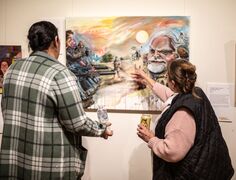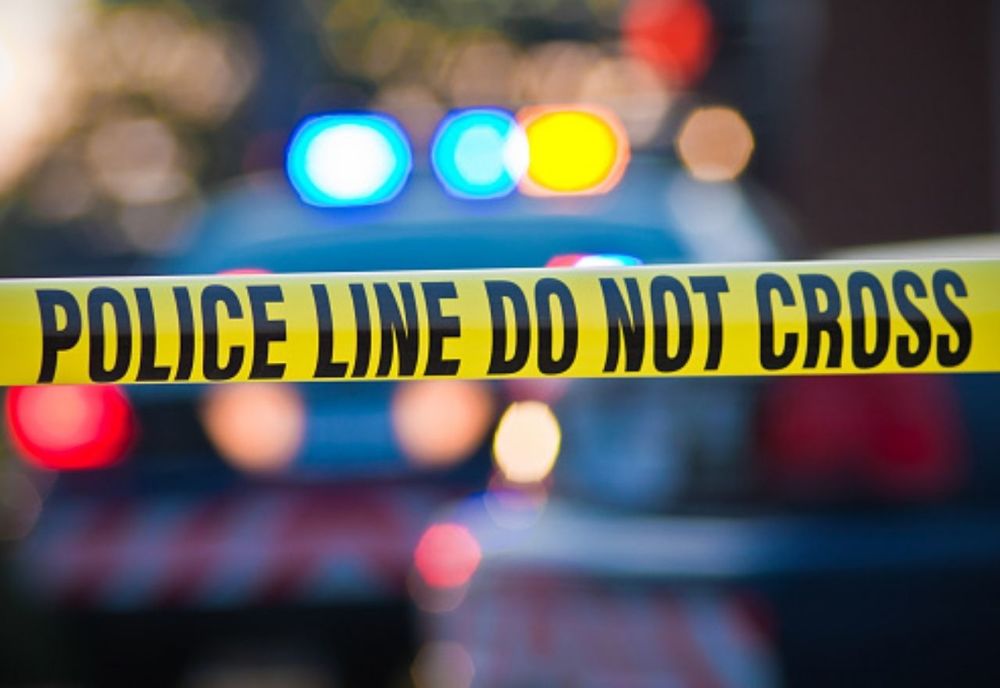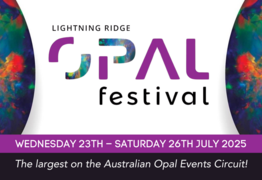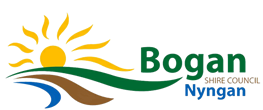Medical students Go Rural
Ailish Dwyer
17 June 2025, 7:40 AM
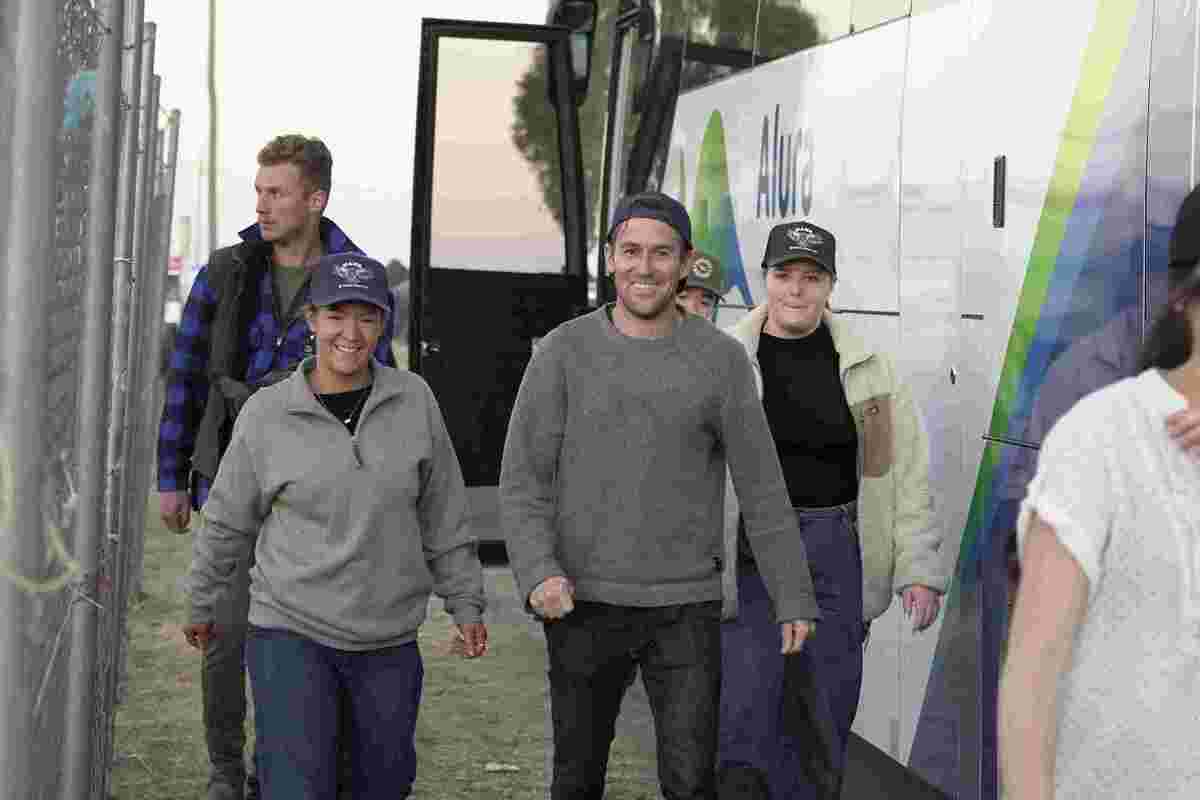 Medical students from the Go Rural tour at the Coonamble Rodeo. IMAGE: River McCrossen
Medical students from the Go Rural tour at the Coonamble Rodeo. IMAGE: River McCrossen Twenty medical students from universities across NSW and the ACT, took a trek through Western New South Wales with the Rural Doctors Network's (RDN) 'Go Rural' tour earlier this month.
The four-day tour began on Thursday 5 June and eventually brought them to the western plains where they visited Narromine, Bourke, Brewarrina, Walgett, Coonamble and Gilgandra.
Students departed from Central station in Sydney and the tour bus drove them to Orange where they visited the local hospital.
Their immersive experience at Orange Hospital included a showcase of the virtual Emergency and Critical Care Service, Acute Patient Monitoring, virtualADULTS regional hub, virtual Allied Health, and virtual pharmacy services delivered to the communities and hospitals across the Western NSW Health District.
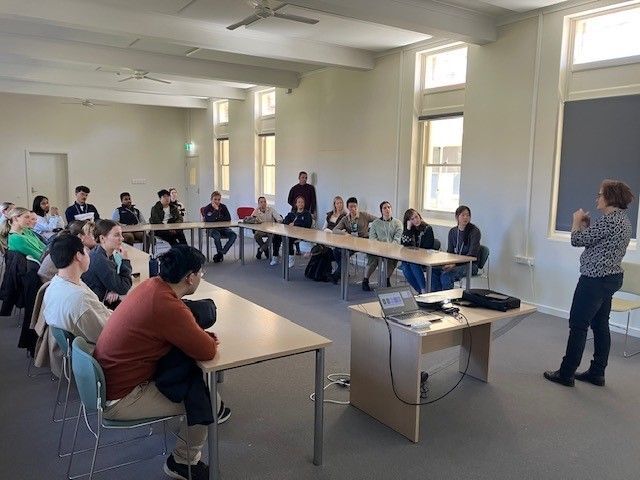
Medical students at the showcase in Orange Hospital. IMAGE: Western NSW Health District.
The tour also visited the Orange Aboriginal Medical Service, before heading to Narromine in the evening.
Friday 6 June, the students visited Narromine Health Service in the morning, followed by a visit to Narromine Family Health Centre where they received a talk from Dr Kelly Bradley.
Then it was back on the bus to Bourke, visiting Bourke Community Garden and hearing from local elder Uncle Gavin Gibbs. They also visited the North West Academic Centre facilities and student accommodation, and the Bourke Aboriginal Corporation Health Service.
On Saturday of the long weekend, they checked out of Bourke and went to the Brewarrina Aboriginal Cultural Museum in the morning, before driving to Walgett for a tour of the Freedom Rides Memorial Park and Walgett Aboriginal Medical Service. The tour continued to Coonamble in time for the Coonamble Rodeo and Campdraft.
The afternoon began with a talk from occupational therapists at Coonamble Aboriginal Health Service (CAHS) and local paramedics, before heading to the Coonamble Rodeo and Campdraft in the evening.
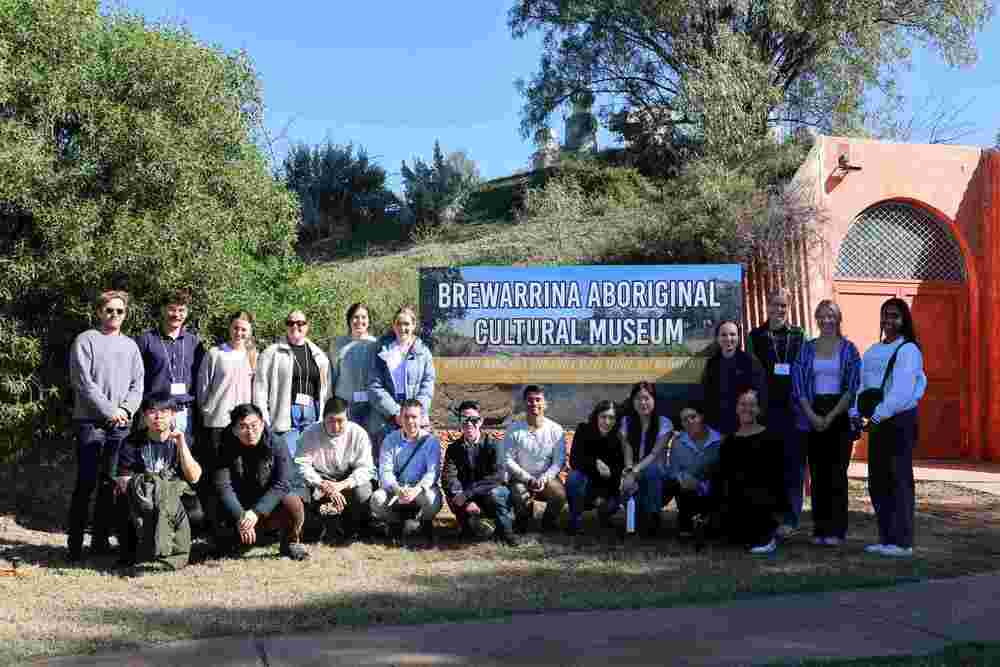
Students at the Brewarrina Aboriginal Cultural Museum. IMAGE: Rural Doctors Network.
Melbourne-born University of Wollongong student Alexander Dudley was one of doctors-in-training who went on the trip.
Despite living in multiple different countries, from Chile to Vanuata, he admitted he didn't know much about rural Australia before coming on this tour.
"It's piqued an interest for everyone," he said.
“It’s been a great journey, with lots of cultural highlights and the rural communities have really welcomed us. We’ve learned about some of the challenges of working in the bush - like the doctors shortage - but also some of the great strengths like the relationships health care professionals build with the community in country towns.”
Due to the Coonamble Rodeo and Campdraft, there were no empty beds in Coonamble, so the group overnighted in Gilgandra.
Sunday morning saw them at Dubbo hospital, followed by a showcase at the Royal Flying Doctor Service.
After nearly 20 hours of bus-tripping and 1,655 kilometres of travel, the tour finally looped back around to Sydney on Sunday afternoon.
RDN Program Lead Sam Zelinski said the tour was designed to give students the opportunity to see what rural healthcare has to offer.
"We're trying promote the areas or at least give students a bit more information to make an informed decision when they graduate about whether they'd like to live and work in a rural community."
"We've actually had an occupational therapist who now works in Coonamble who came on a previous Go Rural," he said, referring to CAHS' occupational therapist Ella Cleary.
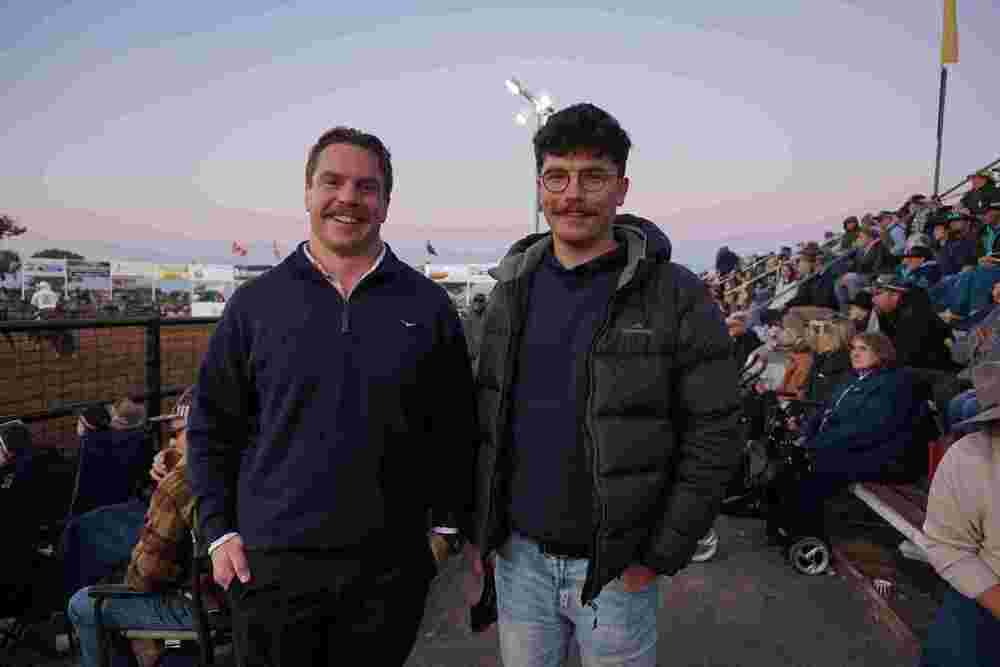
Go Rural Program Lead Sam Zelinski and first-year medical student Alexander Dudley at the Coonamble rodeo. IMAGE: River McCrossen.
University of New South Wales medical student Nathan Lin described the tour as eye-opening.
"Learning from the local Wiradjuri, Ngemba, and Gamilaroi elders has taught me so much about Aboriginal health, the culture and history of the towns I visited," said Mr Lin.
"I learnt about Aboriginal Medical Services, and was very impressed by the holistic nature of the care they provide, and their contribution to the whole community.
"This experience has been very eye opening and I'd love to continue working towards a career in rural healthcare."
The regular Go Rural tours are administered by RDN with funds from the Department of Health, Disability and Ageing. RDN hopes some of these inspired young student doctors, nurses and allied health professionals will take up positions in rural healthcare in the future.
